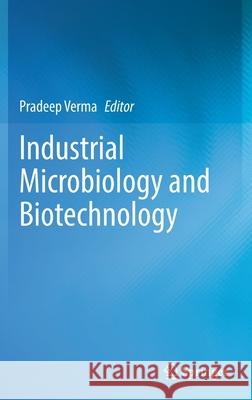Industrial Microbiology and Biotechnology » książka
topmenu
Industrial Microbiology and Biotechnology
ISBN-13: 9789811652134 / Angielski / Twarda / 2022 / 748 str.
Kategorie:
Kategorie BISAC:
Wydawca:
Springer
Język:
Angielski
ISBN-13:
9789811652134
Rok wydania:
2022
Wydanie:
2021
Ilość stron:
748
Waga:
1.21 kg
Wymiary:
23.39 x 15.6 x 3.96
Oprawa:
Twarda
Wolumenów:
01
Dodatkowe informacje:
Wydanie ilustrowane











